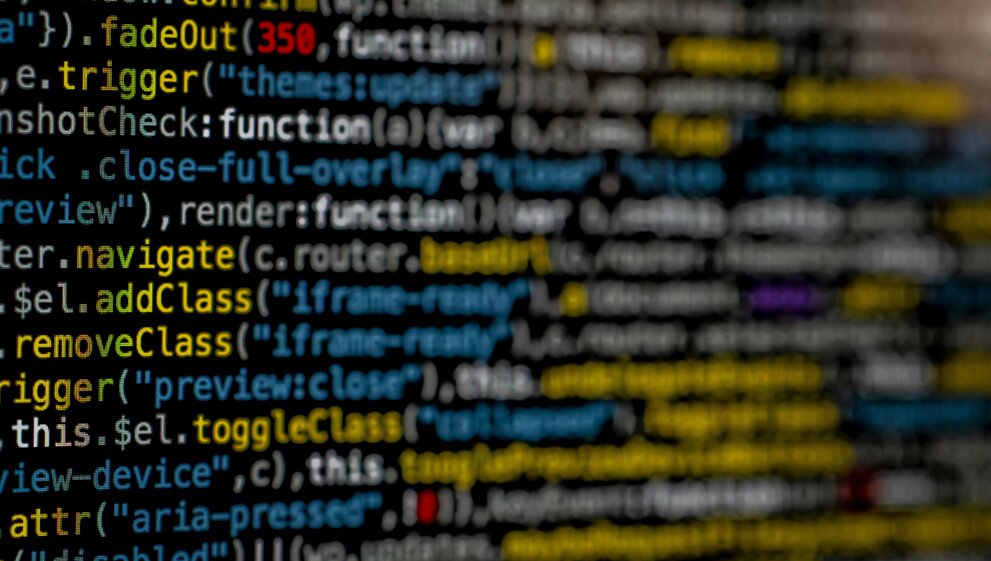You might have heard of malware, the bad guys of the software world. But, have you come across Grayware?
Grayware is like the sneaky cousin of malware—it’s not outrightly harmful, but still causes trouble. Imagine you’ve got software running in the background that’s not exactly malicious but still slows down your system, throws unwanted ads your way, or quietly tracks your browsing habits. That’s spyware Grayware in action!
It’s a bit of a gray area—pun intended—between what’s harmless and what’s harmful. Understanding how grayware impacts your system’s performance and security can help keep your digital life running smoothly and securely. So, let’s dive into what grayware malware is all about and why it’s worth paying attention to.
What is Grayware?
Grayware refers to software that, while not overtly malicious, poses a risk to your system’s performance and security. Unlike malware, which has clear, harmful intentions, grayware malware is often categorized as “potentially unwanted” because it can affect your system in ways that are undesirable but not necessarily dangerous.
Grayware virus includes applications and programs that may display unwanted ads, use excessive system resources, or alter system settings without your consent. It sits between traditional malware and harmless software, making it harder to detect and mitigate. Common grayware examples include grayware win32 generic, which refers to a broad category of grayware affecting Windows systems.
Types of Grayware
Grayware virus comes in various forms, each with its own set of characteristics and potential impacts on your system. Two common types are adware and trackware, which can affect your system in different ways.
Adware
Adware is software designed to display unwanted advertisements on your computer. While it’s not inherently malicious, it often bombards users with intrusive ads, which can significantly disrupt your browsing experience.
These ads might appear as pop-ups or banners and can be persistent, consuming system resources and slowing down your computer. Adware can also sometimes track your browsing habits to deliver targeted ads, adding a layer of privacy concern to its annoyance.
Trackware
Trackware, as the name suggests, tracks your online activities. Unlike spyware, which actively collects sensitive personal data, trackware monitors browsing habits and usage patterns to serve targeted content or ads.
While it might not steal your personal information, it can still pose a privacy risk by accumulating detailed profiles of your online behavior. This data can be used for marketing purposes or sold to third parties, compromising your privacy without your consent.
How Grayware Differs from Malware
Understanding the differences between grayware vs malware is crucial for implementing effective cybersecurity measures:
| Aspect | Grayware | Malware |
| Definition | Software that is potentially unwanted but not necessarily harmful. | Software designed to cause harm, steal information, or disrupt operations. |
| Primary Intent | To generate revenue through ads or collect data for marketing purposes. | To damage, steal, or disrupt systems and data. |
| Examples | Adware, trackware | Viruses, ransomware, trojans, worms |
| Impact on Performance | Can slow down your system by consuming resources or displaying ads. | Can severely impact system performance, often causing crashes or slowdowns. |
| Privacy Concerns | May track browsing habits and usage patterns, leading to privacy invasion. | Often involves the theft of personal and sensitive information. |
| Detection | Less detectable as it operates in the background without obvious signs. | Easier to detect due to its harmful actions or noticeable symptoms. |
| User Awareness | Less noticeable, leading users to ignore its presence. | More noticeable due to its aggressive behavior or immediate impact. |
Preventative Measures to Protect Against Grayware
Preventing grayware malware from infiltrating your system involves several best practices. Here are key tips to keep your system safe:
- Download Software from Trusted Sources: Always download software from reputable websites or official app stores. Avoid third-party sites that may offer free versions of software, as these can sometimes bundle grayware malware with legitimate programs.
- Avoid Suspicious Links: Be cautious with links in emails or messages, especially if they come from unknown sources. Clicking on these can lead to the installation of spyware grayware or other unwanted software.
- Keep Your Software Updated: Regularly update your operating system, browsers, and applications to ensure you have the latest security patches and protections against emerging threats.
- Use Reliable Security Software: Install and maintain up-to-date antivirus and anti-malware software such as Quick Heal that can help detect and block grayware viruses before they affect your system.
- Review and Manage Installed Programs: Periodically check your installed programs and browser extensions. Uninstall any that you do not recognize or no longer use, as they might be potential sources of spyware grayware.
Quick Heal’s Solutions for Grayware
Quick Heal offers several features to effectively detect and remove grayware malware through:
- Advanced Anti-Ransomware: Uses behaviour detection to block ransomware and protect your files from encryption attacks.
- Web Security & Phishing Protection: Shields you from phishing attempts and malicious websites through regular scans and updates.
- Data Backup: Provides real-time backup and recovery to protect your data from ransomware and other threats.
- Dark Web Monitoring: Monitors the dark web for exposure of your private information, safeguarding against data breaches.
- metaProtect: Manages security across all your devices from a single dashboard for consistent protection.
- Smart Parenting: Controls and moderates content and websites accessed by younger users, promoting a safer digital environment.
- Browsing Security: Protects your browsing history and guards against zero-day cyber-attacks to maintain online privacy.
- Restricts Websites from Tracking You: Blocks trackers and unwanted surveillance to keep your online activities private.
- Safeguards Banking Transactions: Ensures the security of your banking information with a certified safe-banking environment.
- Prevents Webcam Intrusions: Protects your webcam from unauthorized access and monitoring by malicious applications.
Protect Yourself From Grayware with Quick Heal!
Understanding and mitigating the impact of grayware malware is crucial for maintaining system performance and safeguarding personal information. Grayware, while not as overtly harmful as malware, can still compromise privacy and disrupt your digital experience.
To effectively protect against such threats, it’s essential to stay vigilant and employ reliable a security solution like Quick Heal Total Security. It offers comprehensive protection, including advanced features to detect and remove spyware grayware. Priced at just Rs. 1591, it provides a robust defense to ensure your system remains secure and your online activities stay private.
Investing in reliable security software like Quick Heal Total Security is a proactive step toward a safer digital environment!


